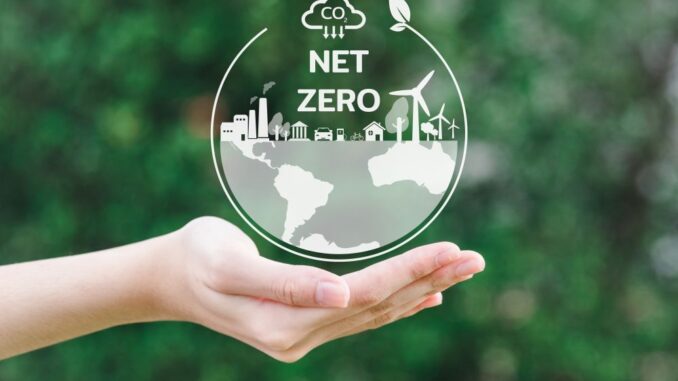
Top Bank of England policymaker Catherine Mann has warned that Net Zero policies are pushing up inflation and hitting economic growth.
Mann, a member of the interest rate-setting Monetary Policy Committee says Climate change policies, including carbon taxes and emissions trading schemes, risk raising costs for families as companies pass the extra costs on to their customers.

BYPASS THE CENSORS
Sign up to get unfiltered news delivered straight to your inbox.
You can unsubscribe any time. By subscribing you agree to our Terms of Use
Latest Video
However, she does not see that as a reason to oppose them. Mann was part of a minority of three Monetary Policy Committee members who voted this month for the BoE to raise its main interest rate to 5.5% from 5.25%
The Telegraph reports: Economists have found “that carbon taxes, public investments, and subsidies are all inflationary”, she told an audience at the University of Oxford.
Ms Mann added: “Evidence has suggested upward pressure on inflation [and] downward effects on output.”
The warning comes at a tough time for the Bank of England and for British households, with inflation still running at 6.7pc. This is more than three times the Bank’s 2pc target. At the same time the economy is flatlining.
It comes after the Government rowed back on some of its net zero policies, delaying a ban on the sale of new petrol and diesel cars from 2030 to 2035. In September the Prime Minister also said he would delay the ban on new oil-fired boilers from 2026 to 2035, and increase grants for heat pumps.
The Bank of England itself has faced criticism for its focus on climate change, a move promoted by former governor Mark Carney in departure from its traditional role of concentrating on interest rates and the state of the banking system.
But Ms Mann hit back at this criticism on Monday, arguing the Bank’s interest in climate change and net zero policies is critical because they affect inflation.
“Not only is it within my remit to respond to the macroeconomic effects of climate change, but, in my view, my remit requires me to do so,” she said.
“When climate change has macroeconomic effects – whether physical impacts from extreme weather events and higher average temperatures or transition effects associated with transforming to a net zero economy, including explicit implications for inflation – it becomes a concern for monetary policymakers, directly within a price stability mandate.
“That applies whether the monetary policymaker’s remit includes a reference to climate change or not.”


